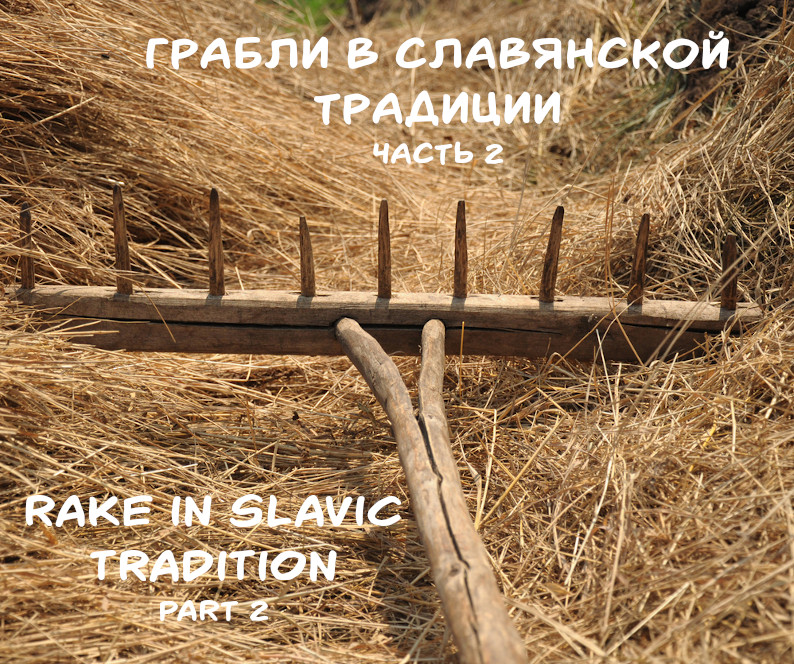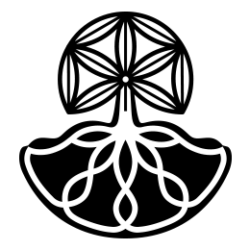Sometimes, a rake was an omen of trouble: it predicted a quarrel if thrown on the field with the teeth up, as the Slovenes believed, or a difficult childbirth if a pregnant woman stepped over it.
ꏍ
But most often rake brought good luck. In order for the sheep to have a lot of milk, the Serbs would leave the rake in the barn for a “sleepover”. During the flax sowing, Poles would put a rake in the field for a good harvest. In Bosnia, an owner who wanted to sell a cow, would scrub its back with a rake for good luck and to ensure that the animal will not be “returning home”.
ꏍ
In Serbia, childless spouses went to the mill, and the husband “gathered” water with a rake, while the wife drank it to get pregnant. The rake also helped young Serbian girls to attract young men: on the eve of St. George’s Day, they sat astride a rake, drove around the house and said: «Како грабуље грабе, тако се и младићи грабили за мене» (As the rake drags, so let the guys “drag” after me).
ꏍ
How did your grandparents (or yourself) use the rake? Only for their intended purpose or also in magical rituals? 😉
ꏍ
Source: “Slavic Antiquities” – encyclopedic dictionary in 5 volumes by Institute for Slavic Studies of the Russian Academy of Sciences.
ꏍ

